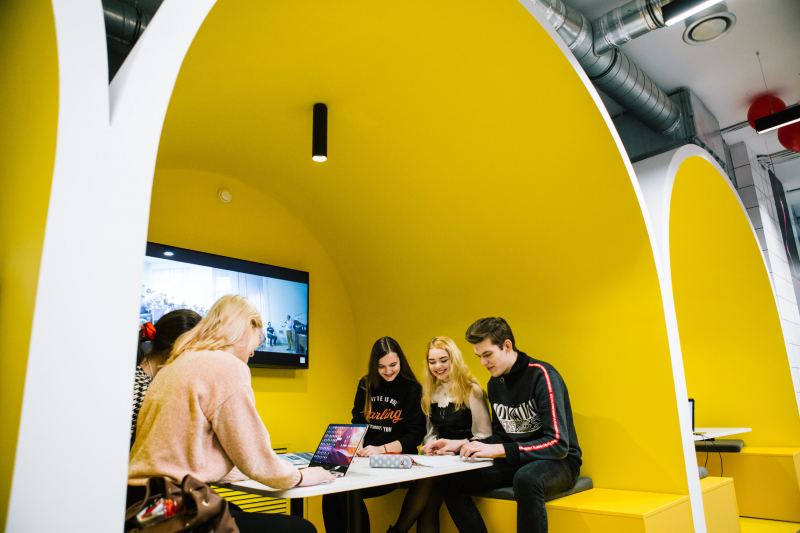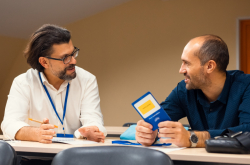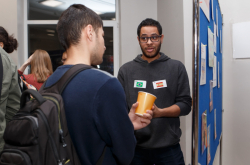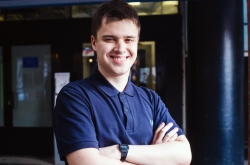The contest received a total of 292 applications. Out of 244 universities that passed the selection, the jury selected 40 winners who will receive in total: 10 grants of 5 million rubles, 10 grants of 3 million rubles, and 20 grants of 1 million rubles.
To compete for the contest’s grand prize, the universities had to present their action plans for holding an international event. The winners can use the grant funds to organize and host events, advance their training level, as well as support stipend and academic mobility programs.
The Digital Generation club, which received the largest award, represented ITMO University at the competition. Established in 2018, the club is supported by ITMO’s National Center for Cognitive Research and Research Center “Strong AI in Industry.” The club has already hosted lectures and hackathons, including with the support of the university’s major industry partners such as Gazprom Neft, Yandex, and Botan Investments.
What’s more, the team has been actively helping with organizing the international Young Scientists Conference in Computational Science (YSC) and will, as well, participate in this year’s event, which is scheduled for this fall. While the club’s main objective is to fund the conference and publications of the best reports in highly ranked journals, they also plan to invest their grant money in building a community of young specialists through supporting stipends and assisting research projects.
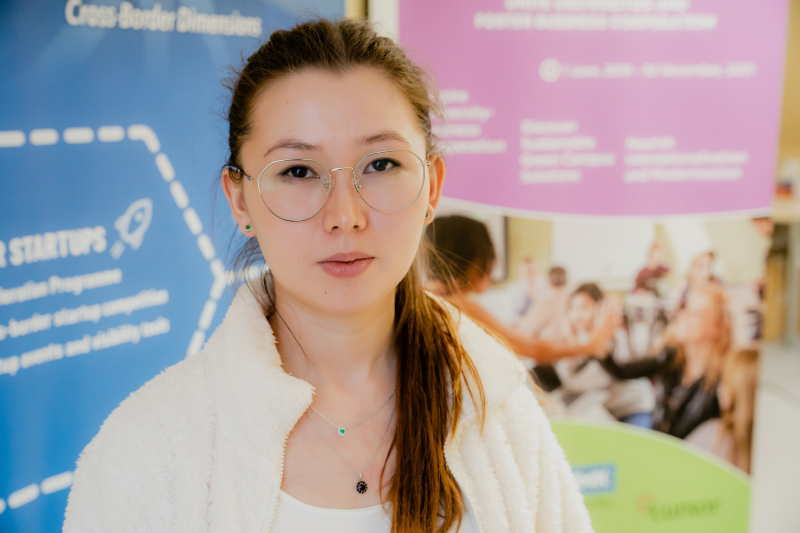
Meruert Nurysheva. Credit: ITMO.NEWS
“We want to create a community open for everyone that will support young researchers and help them grow professionally. This is, in fact, one of the goals we’re pursuing at YSC. It is more than just a conference, it’s a ticket to big science; a chance to see cutting-edge AI technologies and be featured in a high-impact journal. Yet, we strive for a bigger audience, not only scientists. We’d, for example, be happy to collaborate with industry representatives who would get a chance to implement our solutions into their businesses. We also plan to open our own incubator where our specialists from the National Center for Cognitive Research and Research Center “Strong AI in Industry” will help young people develop, implement, and promote their ideas,” comments Meruert Nurysheva, the head of ITMO’s Digital Generation club.
The community is expected to become a center of digital competencies that can ensure a high level of training of future specialists. These tasks are already being fulfilled by ITMO’s Faculty of Digital Transformation as part of a different ministry grant project meant to promote educational programs in artificial intelligence and build a network of partner universities. As noted by Meruert Nurysheva, one of the factors that helped the team win was the groundwork laid by the faculty and the center.
